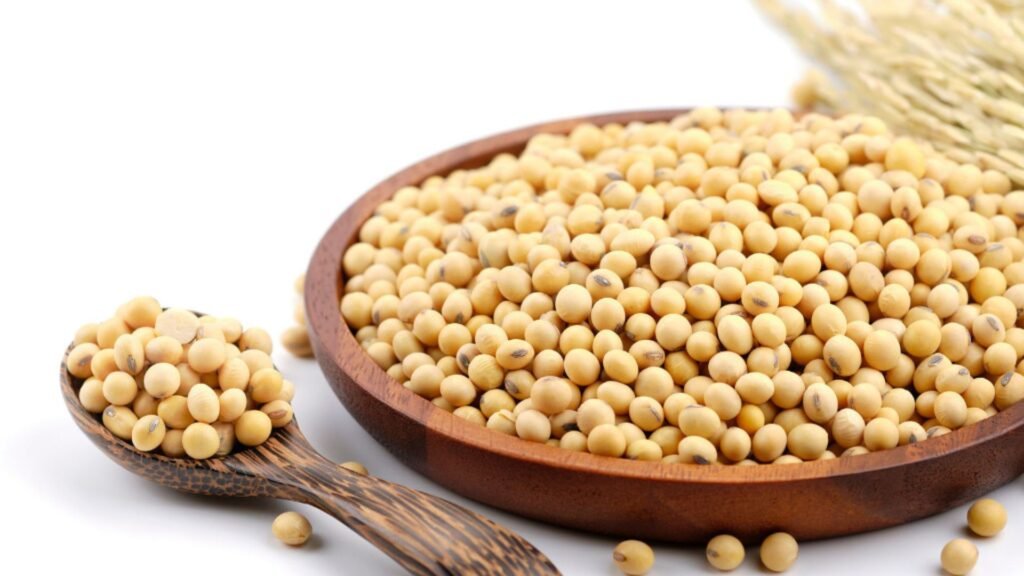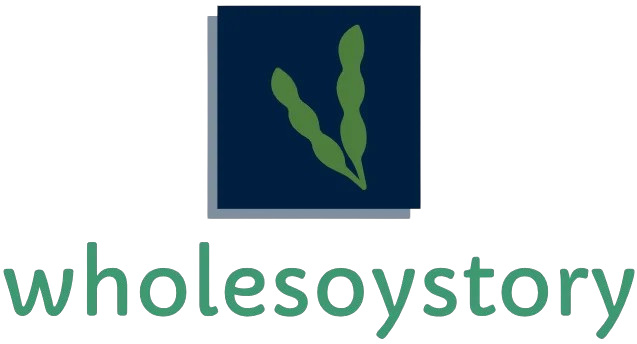As the world faces growing environmental challenges and a rising demand for plant-based proteins, finding sustainable food sources is more important than ever. Soy has emerged as one of the most sustainable protein sources available, offering numerous environmental benefits. Whether you’re looking to reduce your carbon footprint, conserve water, or support biodiversity, soy provides a sustainable solution that supports both health and the planet. In this article, we’ll explore why soy is considered a top sustainable protein choice and how it contributes to a more eco-friendly food system.

Low Environmental Impact Compared to Animal Proteins
One of the primary reasons soy is considered sustainable is its significantly lower environmental impact compared to animal-based proteins. Livestock farming is a major contributor to environmental issues such as greenhouse gas emissions, deforestation, and water pollution. In contrast, soy production requires far fewer resources to produce the same amount of protein.
Key Points:
- Greenhouse Gas Emissions: Producing soy protein generates fewer greenhouse gases than raising livestock. For instance, producing 1 kilogram of beef results in 60 kilograms of CO2 emissions, while soy only generates around 2 kilograms of CO2 for the same amount of protein.
- Land and Water Use: Soybeans require far less land and water than animal farming. To produce the same amount of protein, raising animals needs large tracts of land for grazing or growing feed crops, and they consume vast amounts of water. In contrast, soybeans are relatively water-efficient and require less land to produce the same protein content.
Efficient Land Use and High Protein Yield
Soy is an incredibly efficient crop in terms of land use, as it yields a high amount of protein per acre compared to animal-based protein sources. This makes soy a valuable crop in addressing food security while minimizing deforestation and habitat destruction.
Key Points:
- High Protein Content: Soybeans are one of the highest plant-based protein sources, containing about 40% protein by weight. This makes soy an efficient source of protein, requiring less land than other plant-based sources to provide the same amount of nutrition.
Lower Water Usage
Water scarcity is a growing concern around the globe, and agriculture is a significant consumer of freshwater resources. Soybeans are more water-efficient than animal agriculture, making them a sustainable choice for protein production in regions with limited water resources.
Key Points:
- Water-Efficient Crop: Growing soybeans requires less water compared to raising livestock. For example, it takes about 1,800 liters of water to produce 1 kilogram of soy protein, while 1 kilogram of beef protein requires around 15,000 liters of water.
- Reduced Water Pollution: Animal farming, especially large-scale operations, can lead to water pollution through runoff from animal waste and chemicals. Soy farming, when practiced responsibly, has a much lower impact on water quality.
Supports Biodiversity and Crop Rotation
Soy is often grown as part of a crop rotation system, which helps to promote soil health, reduce the need for chemical fertilizers, and support biodiversity. By rotating soy with other crops like corn or wheat, farmers can reduce soil depletion and pest buildup, which benefits the ecosystem as a whole.
Key Points:
- Nitrogen Fixation: Soybeans are legumes, which means they can fix nitrogen in the soil. This natural process reduces the need for synthetic fertilizers, which are energy-intensive to produce and can contribute to soil degradation and water pollution.
- Biodiversity: Growing soy in rotation with other crops helps create more diverse farming systems. This diversity supports a wider range of beneficial insects and microbes, promoting healthier ecosystems and reducing the risk of pest outbreaks.
Conclusion
Soy is undoubtedly one of the most sustainable protein sources available today. With its low environmental impact, efficient use of land and water, and ability to support biodiversity, soy stands out as a key solution to the global challenge of producing enough food while minimizing harm to the planet. By choosing soy-based products, consumers can help promote a more sustainable food system that benefits both human health and the environment. Incorporating soy into our diets, whether in the form of tofu, tempeh, soy milk, or other soy-based products, is an important step toward a more sustainable and healthier future for all.











